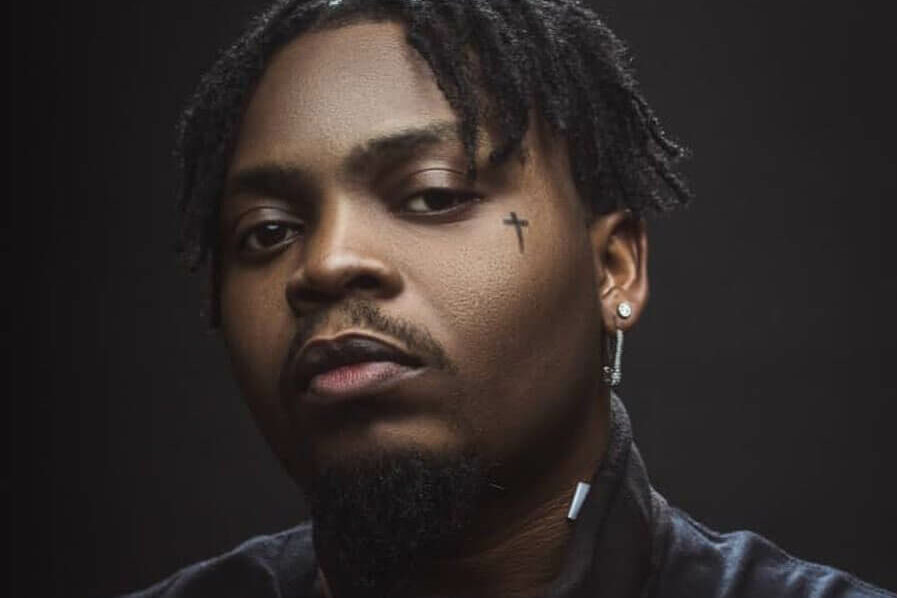Nigerian rap icon Olamide Adedeji, popularly known as Baddo, has stirred a fresh round of controversy in the Afrobeats community after declaring Grammy-winning singer Wizkid as the greatest Afrobeats artist after the late Afrobeat pioneer, Fela Anikulapo Kuti.
Olamide remarked during a recent press conference in Canada while reflecting on his longstanding musical relationship with Wizkid.
The YBNL boss, who has collaborated with the Essence crooner on several hit tracks, described their joint work as a blessing and a product of genuine musical synergy.
Read Also: Wizkid declares himself Nigeria’s number one artist
“I am blessed to have collaborated with Wizkid on multiple occasions,” Olamide said. “You know Wizkid is the greatest Afrobeats artist ever after Fela.”
He stressed that their collaborations were not based on commercial leverage or industry pressure but were built on mutual respect and creative harmony.
According to him, Wizkid’s consistency, influence, and global appeal place him in a unique position within the Afrobeats landscape.
However, Olamide’s declaration has since ignited heated conversations across social media platforms, where fans of Wizkid, Burna Boy, and Davido continue to battle over the title of “Greatest of All Time” in Afrobeats.
The debate follows a series of similar claims by major industry players. Recently, Grammy Award-winning singer Burna Boy described himself as the greatest African artist after Fela, citing his global tours, genre-crossing music, and international awards as evidence of his dominance.
Similarly, Afrobeats star Davido has repeatedly referred to himself as the “King of Afrobeats,” emphasising his long list of chart-topping hits, global collaborations, and influence across Africa and the diaspora.
Many fans have therefore interpreted Olamide’s comment as taking a stand in the ongoing rivalry between the three global Afrobeats heavyweights.
Meanwhile, Burna Boy’s supporters argued that his Grammy win, sold-out stadium shows across Europe and America, and genre-blending discography place him far ahead of his peers.
Davido’s fanbase also defended his legacy, highlighting his decade-long mainstream dominance, consistent hit records, and contributions to the global expansion of Afrobeats.
Music critics noted that such debates are not new in the Nigerian music industry, where the trio, often referred to as the “Big Three”, have dominated conversations for over a decade.
Each artist has carved out a distinct musical identity and a global fan base, making any attempt to crown a single “greatest” highly subjective.
As the conversation continues to trend, one thing remains clear: Afrobeats’ explosive global growth has created multiple giants whose contributions to the genre remain undeniable, ensuring that debates about the true “greatest” are likely to continue for years to come.



